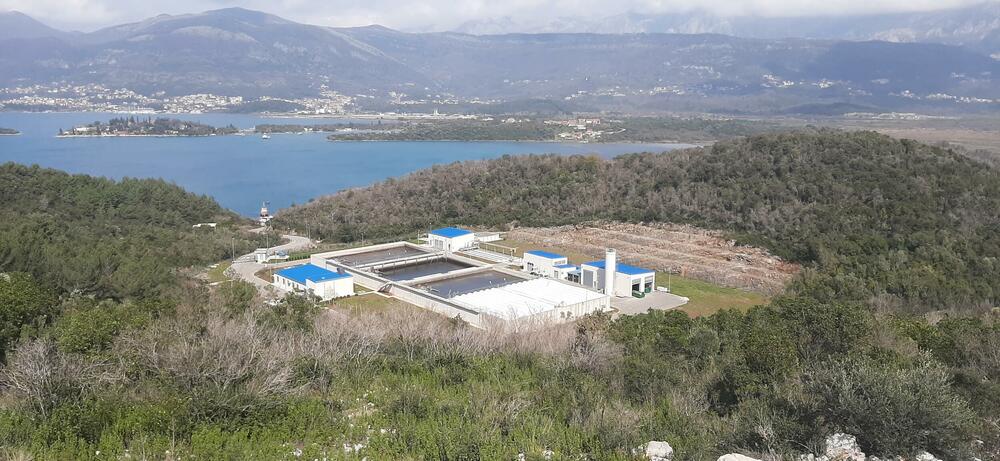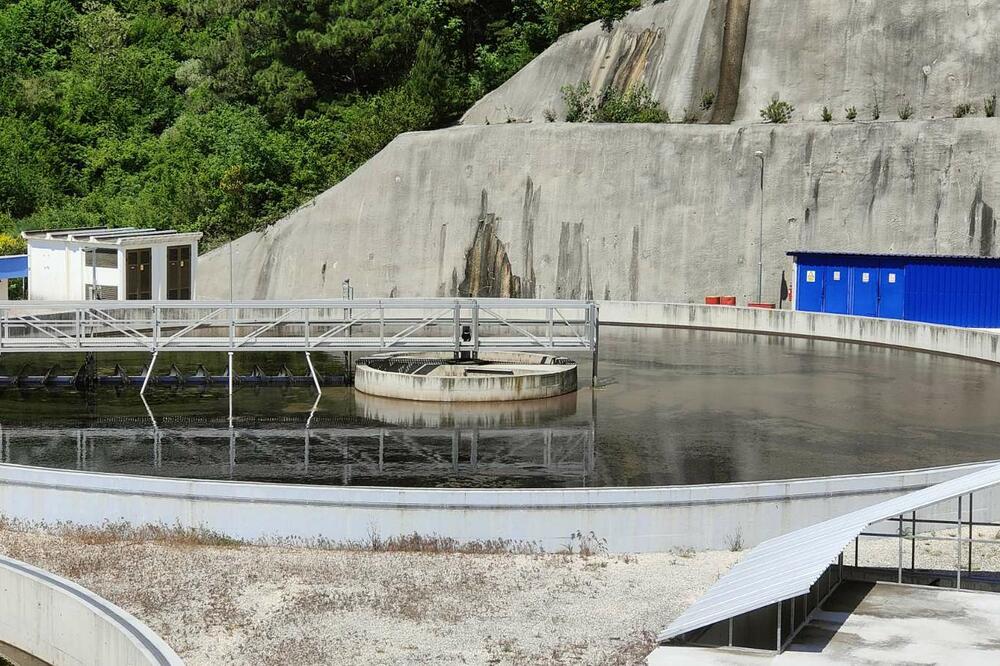The sewage sludge that is produced as a by-product in the wastewater treatment plants in the Vještica settlement in Bečići, as well as that for the municipalities of Tivat and Kotor, has not been transported to Albania since the New Year.
This was confirmed by "Vijesti" from several sources.
The Podgorica company "Montelea", which concluded contracts with local utility companies for the removal of sewage sludge, has not done so for a month and a half, and allegedly lost its license for that type of waste in Albania.
The Ministry of Tourism, Ecology, Sustainable Development and Development of the North, as well as the Environmental Protection Agency, were involved in solving the problem. On Friday, he is in the department headed by the minister Vladimir Martinovic scheduled meeting to which representatives of companies that manage waste water treatment plants in Bečići, as well as the one for Tivat and Kotor, representatives of three local utility companies and municipalities were invited.
From the coastal municipalities, they expect a solution to be found or the direction to be determined, because as things stand now, it is possible for the plants to function like this until April.
"Vijesta" was told by the Budva company "Otpadne vode", which manages the plant in Bečići, that the mitigating circumstance is that now the flow of waste water is twice as small, and at night it is almost non-existent.
"It helps that the sewage sludge settles well overnight and then there is no overflow, so the analyzes of the purified water are still extremely good", they explained to "Vijesta".
Bearing in mind that the company from Podgorica has not fulfilled its obligations since the New Year, the conditions have been met for the contract to be terminated and the guarantee given by that company to be withdrawn.
Also, considering that for so long the plant in Budva was not in a situation where sewage sludge was not removed, it is difficult to say until when it can function like this, and estimates are that April is the deadline.
"Vijesti" previously announced that the state of Montenegro has not done anything in the past seven years to solve the problem of sewage sludge from wastewater treatment plants that have been built in Montenegro so far, and this represents a major national problem.
Previous governments did not have any management plan for this type of waste, and it is safe to say that no one has seriously dealt with this problem, which can lead to an ecological disaster. As of 2020, the sludge generated after wastewater treatment in Bečići is not disposed of next to the plant. Immediately after processing on the presses and placing in the abrol, the containers are taken away from the plant and exported to Albania, according to the contract concluded between the municipal company Komunalno Budva and the company 'Montelea' from Podgorica. This way of working in the sludge removal process has largely led to a reduction of unpleasant odors in the surroundings of the plant. The amount of generated sludge on an annual level, which is further transported to Albania, is between four and five thousand tons or about 6.500 cubic meters. The same company also exports sludge from the waste water treatment plant (WTP) Tivat - Kotor to Albania.

Unfortunately, there is no alternative to the current solution, and if any problem were to occur in this process, which has now continued, and which would cause the sludge to have nowhere to be disposed of after treatment in the WWTP, it would also lead to the interruption of wastewater treatment in plants.
The costs incurred by municipalities, that is, sludge transport facilities in Albania on an annual basis amount to more than 500.000 euros. The wastewater treatment plant for Tivat and Kotor, managed by the joint company of the two municipalities, will process a total of four million cubic meters of wastewater this year.
"Vijesti" announced that an average of about 330.000 cubic meters of sewage is processed monthly, which is treated in three purification basins with the so-called SBR technology in a facility built at the Klačina location in Krtoli near Tivat, before the treated wastewater is discharged into the sea. through the submarine pipeline in Trašte Bay.
As a byproduct of the purification process of around four million cubic meters of sewage water, the WWTP will generate a total of around 1.200 tons of dry sewage sludge this year, which will be exported to Albania.
Bonus video:




